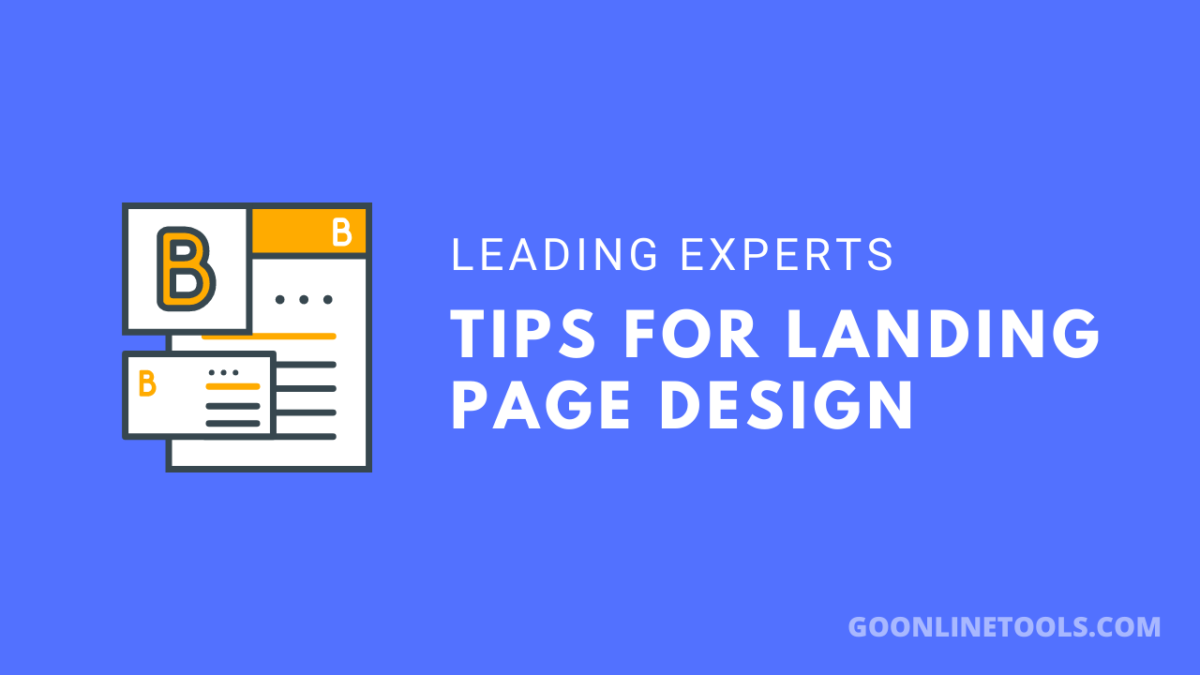When designing a landing page, it’s crucial to use the best practices recommended by experts. This can serve as a great means of increasing conversion rates, if done right.
In this article, we dive deep into the matter and share with you seven landing page design tips as suggested by some of the leading UX design experts.
Let’s dig in!
1. Integrate Discounts And Coupon Codes
This is one of the most effective ways to drive sales because it prompts the user to take action quickly, instilling the fear of missing out (FOMO), especially when accompanied by a countdown timer that highlights the discount.
Another way to integrate coupons, discounts, and special offers into your landing page design is by creating exit-intent pop-ups. Whenever a user hovers the mouse to leave, a pop-up will appear, communicating this FOMO message and instilling a sense of urgency.
2. Display Social Proof
One of the first things you want your visitors to understand when entering your landing page is that you’re trustworthy. Don’t hesitate to make use of badges, trust marks, client testimonials, and user reviews.
People need reassurance, and because of that, they’ll most likely search for product reviews before they make a purchasing decision. So why not include them within your landing page?
The average consumer reads 10 reviews before buying a product. So don’t make them postpone their decision. Give them the ability to read reviews right then and there to help move them toward conversion.
3. Encourage Sharing On Social Media
Here’s the thing: if people love what you offer, they will most likely share it with their friends. That will increase traffic and ultimately get you more conversions.
The first step a brand identity agency takes in order to encourage people to share your page is adding social media buttons to it. This ensures a greater degree of engagement but also improves brand recognition as your brand’s logo design, recognisable copy, and other elements on the page will appear directly in people’s feeds.
4. Keep Your Landing Page Structured
The structure of your landing page matters. You can’t just scatter all sorts of elements throughout the page randomly. Everything needs to be placed logically so you can lead the user in going further down the page.
A landing page usually starts with a catchy headline that attracts the user’s attention, followed by a suggestive image, which has the role of maintaining the user’s attention. Next, a contact form is displayed.
Afterwards, features of the product or service will be presented and finally, social proof will be displayed at the bottom of the page.
5. Focus On Page Loading Speed
Let’s talk about the more technical side of things. The page loading speed matters a lot. In fact, this will make the user decide to either leave or stay on the page.
Google conducted a study and found out that 53% of users will abandon a page if it doesn’t load within three seconds. In other words, you’ll be missing out on a lot of potential conversions if your landing page is not fast enough.
To improve your page loading speed, make sure that your landing page includes a minimum amount of heavy elements. Compress all of the images before uploading them to your page, and crop the images to the correct size.
Remember. When scaling down the size of the image, cropping is your go-to method. Don’t use parameters. If you’re doing the latter, the page will load the full image first, then adjust to the size you actually want, meaning that your page will load slowly.
6. Create A Responsive Design
Considering that over 50% of all web activity comes from mobile devices, opting for a responsive design is crucial, especially for landing pages.
Why? Well, devices come in all shapes and sizes, meaning that in order to increase conversions, your website needs to adapt to these changes.
Responsive design does just that, ensuring that your website looks natural and intuitive. Therefore, you’ll create a better user experience, which leads to increasing the chances of generating conversions.
7. Perform A/B Testing
After you’ve finally got your landing page up and running, you still need to find out whether it can drive conversions. And the only way you can do that is through A/B testing.
What’s A/B testing? Well, it’s the comparison of two different versions of the same piece of content, with one item changed in variation.
Keep in mind, “one item changed” is the key here. The reason why you should do A/B testing is that it shows you what’s working and what’s not.
For example, when doing tests on a landing page, you might create a variation of the existing one, but with a different headline. You’ll be able to see exactly which headline generated a better click-through rate and more conversions.
Besides headlines, you can also do A/B tests on CTAs, images, buttons, navigation links, and more.
Conclusion
Creating multiple landing pages catered toward different segments of your audience may be more effective, so always consider your audience.
Keep things simple. Having too much going on can confuse the user and cause them to leave the page.
Emphasise the headline, subheader, and call to action.
Furthermore, try to find ways to make the user buy your products/services on the spot. Creating a limited-time offer and offering multiple reviews within the landing page can be a great way to achieve this.
And finally, regarding the technical side of things, make the page load as fast as possible, go for a responsive design and don’t forget to do A/B testing.
